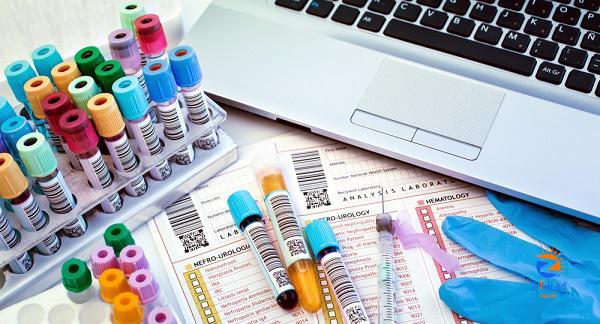
[ad_1]
What do the results mean?
Normal or low levels of calprotectin usually mean that your intestines are not inflamed, which means you don’t have inflammatory bowel disease (IBD). Your symptoms are probably caused by a type of non-inflammatory condition. Your provider may order other tests to figure out which condition is causing your symptoms.
But it’s possible to have normal calprotectin test results even when your intestines are inflamed. This is called a “false negative.” False negative calprotectin results mostly happen in children.
High levels of calprotectin usually mean that your intestines are inflamed. The higher the amount of calprotectin in your stool, the more inflammation you have. If your calprotectin levels are high, your provider may retest you in a few weeks to see if they change.
Several conditions can cause high calprotectin levels, so you may need other tests to find the cause. In general:
- Very high levels of calprotectin are often linked to:
- Inflammatory bowel disease (IBD)
- Food poisoning caused by certain types of bacteria
- Somewhat high levels of calprotectin are often linked to:
If your calprotectin test results show that your intestines are inflamed, your provider may order a colonoscopy, which uses a tiny camera to look inside your intestines. This helps your provider learn whether IBD or another condition is causing the inflammation. But if your calprotectin test results show that your intestines probably aren’t inflamed, a colonoscopy is unlikely to help make a diagnosis. In this way, a calprotectin stool test can help avoid unnecessary colonoscopies.
If you have questions about your test results, talk with your provider.
Learn more about laboratory tests, reference ranges, and understanding results.
[ad_2]